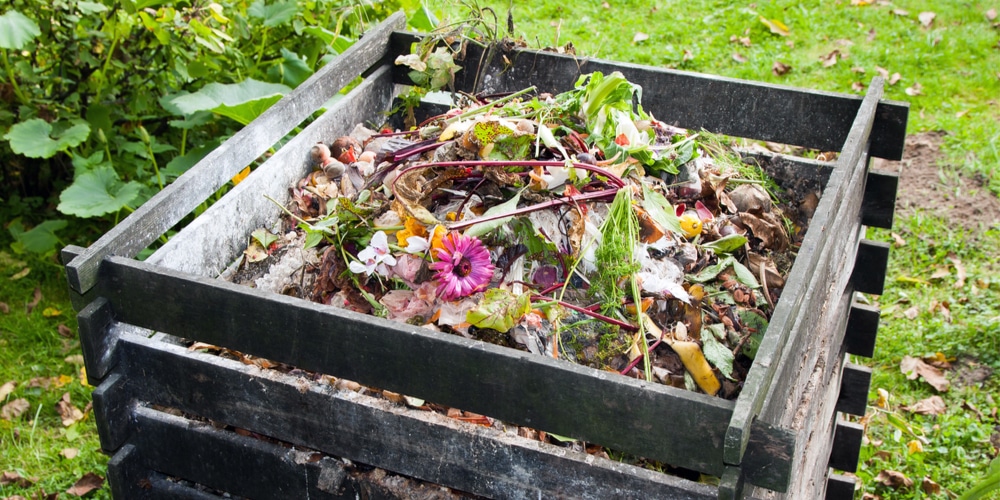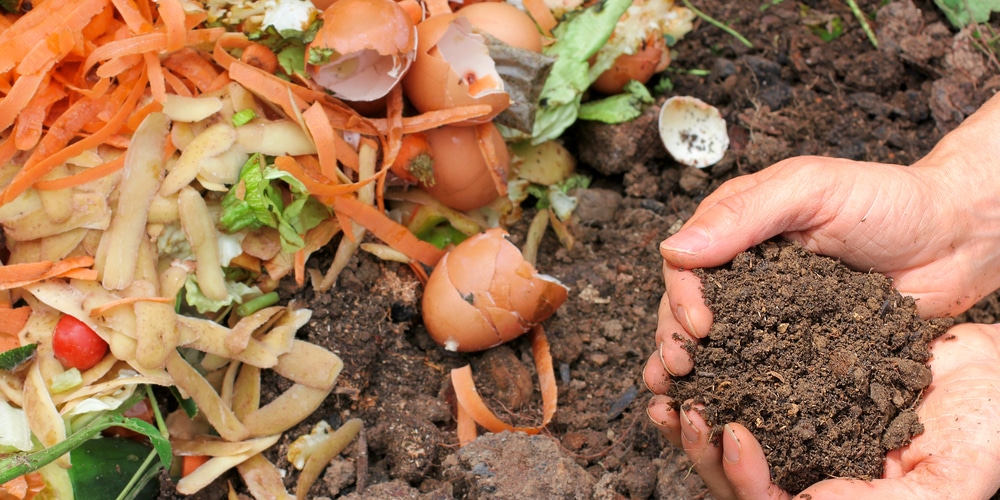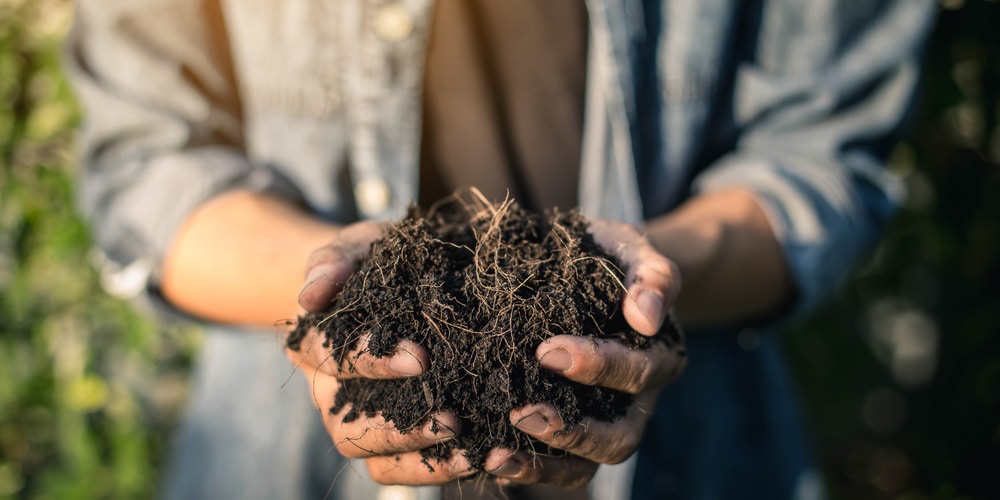If you’re like most people, you probably have a few chicken bones in your freezer right now. After all, who doesn’t love a good piece of fried chicken? But what do you do with the bones once you’re done eating? If you’re composting, the answer is simple: add them to the pile! Composting chicken bones is a great way to recycle them and get some valuable nutrients back into the soil. This article will answer the question, ‘Can You Compost Chicken Bones?’ and discuss everything you need to know about composting.
What Can You Compost And What Can’t You Compost?

Before we get into the details of composting chicken bones, let’s first look at what can and cannot be composted. In general, you can compost most organic materials, including fruits, vegetables, grains, coffee grounds, tea bags, paper products, and animal manure. However, some things should not be composted, including meat, fish, dairy products, oils, and pet waste.
How to Compost Chicken Bones
Now that you know what can and cannot be composted let’s take a look at how to compost chicken bones. The process is straightforward: just add the bones to your compost pile and let them break down. The bones will release valuable nutrients into the soil, which will help to improve the quality of your compost.
How Come Chicken Bones Are Compostable?
Chicken bones can be composted because they are organic materials that contain carbon and nitrogen. While it is possible to add chicken bones directly into your garden without first adding them to a compost pile, doing so may attract pests such as rats and raccoons.
Why is it Important to Compost Chicken Bones?
Adding chicken bones to your compost pile is essential because they contain essential nutrients that will help improve the quality of your soil. The bones release valuable nitrogen and carbon into the soil, which helps plants grow bigger and healthier. They also break down quickly, making them an excellent addition to your compost pile.
The Benefits Of Composting: What Are The Advantages Of Composting?
What is composting? Composting is the process of taking organic waste and turning it into compost. This can be done in several ways, from simply throwing away your food scraps to recycling them through your green bin. This method has many benefits, including reduced greenhouse gas emissions, improved soil structure for growing plants, and increased fertility.
REDUCED GREENHOUSE GAS EMISSIONS: By composting your food scraps, you reduce the amount of methane gas released into the atmosphere. Methane gas is a potent greenhouse gas that contributes to climate change. Composting also helps break down other organic materials, like paper and cardboard, which would release methane gas if sent to a landfill.
IMPROVED SOIL STRUCTURE: Compost is packed with nutrients that help improve the soil structure. Compost helps increase water retention and drainage while reducing erosion when added to the soil. This is important for plant growth as well as helping to prevent soil erosion.
INCREASED FERTILITY: Composting helps improve the fertility of your soil which is suitable for growing plants and vegetables. When adding compost to a new area, it should be mixed into the top layer of soil so that nutrients can leach down over time. This process takes several years but will eventually result in rich soil for growing plants and vegetables.
Learn How To Compost: It’s Easy!
It may seem like something that only takes place in a lab, but there are many ways to compost at home. You can start by recycling your food scraps through your green bin or even set up an outdoor composting system on the balcony of your apartment building (if you have one).
You might also consider using worm bins for composting. These are great for people who live in apartments because they don’t take up much space and can be kept inside the house year-round.
Conclusion: Can You Compost Chicken Bones?
It’s possible to compost many types of bones. If you want to compost chicken bones, it’s possible. However, make sure they are broken up and mixed into your compost pile with other organic materials.
The key is always having a balanced mix of brown and green ingredients in your compost bin or tumbler so that the final product will be rich in nutrients for your garden. So, the next time you cook chicken, don’t throw away the bones – compost them! They will help improve the quality of your soil and make your garden thrive.


